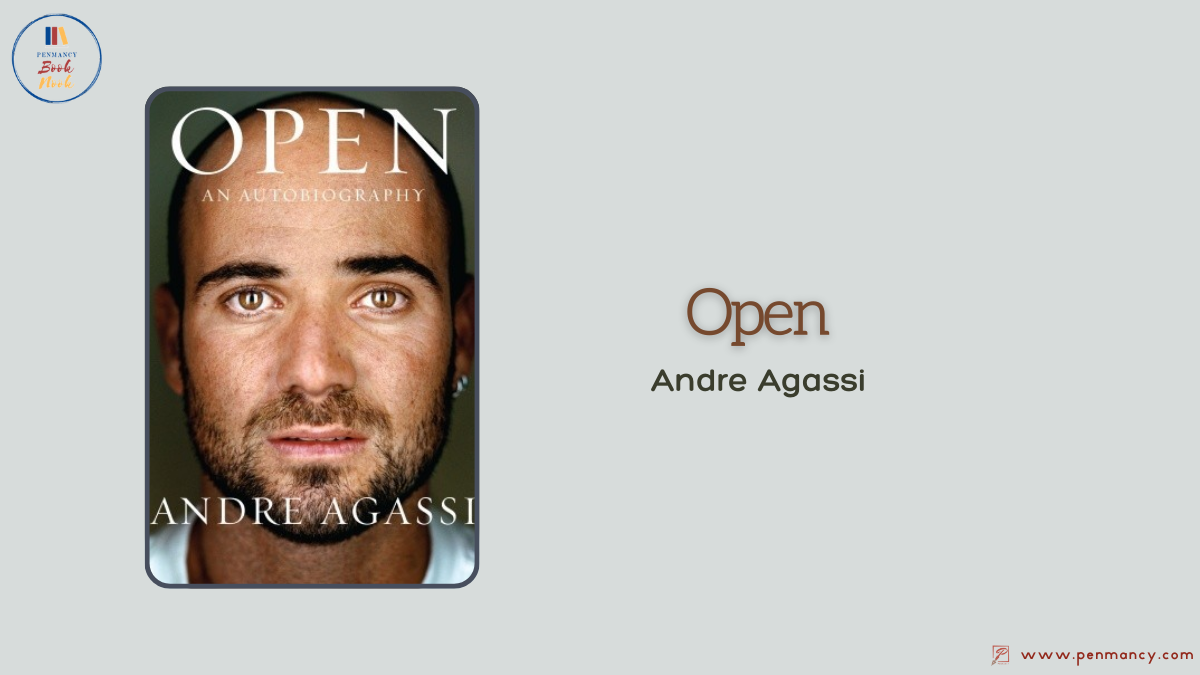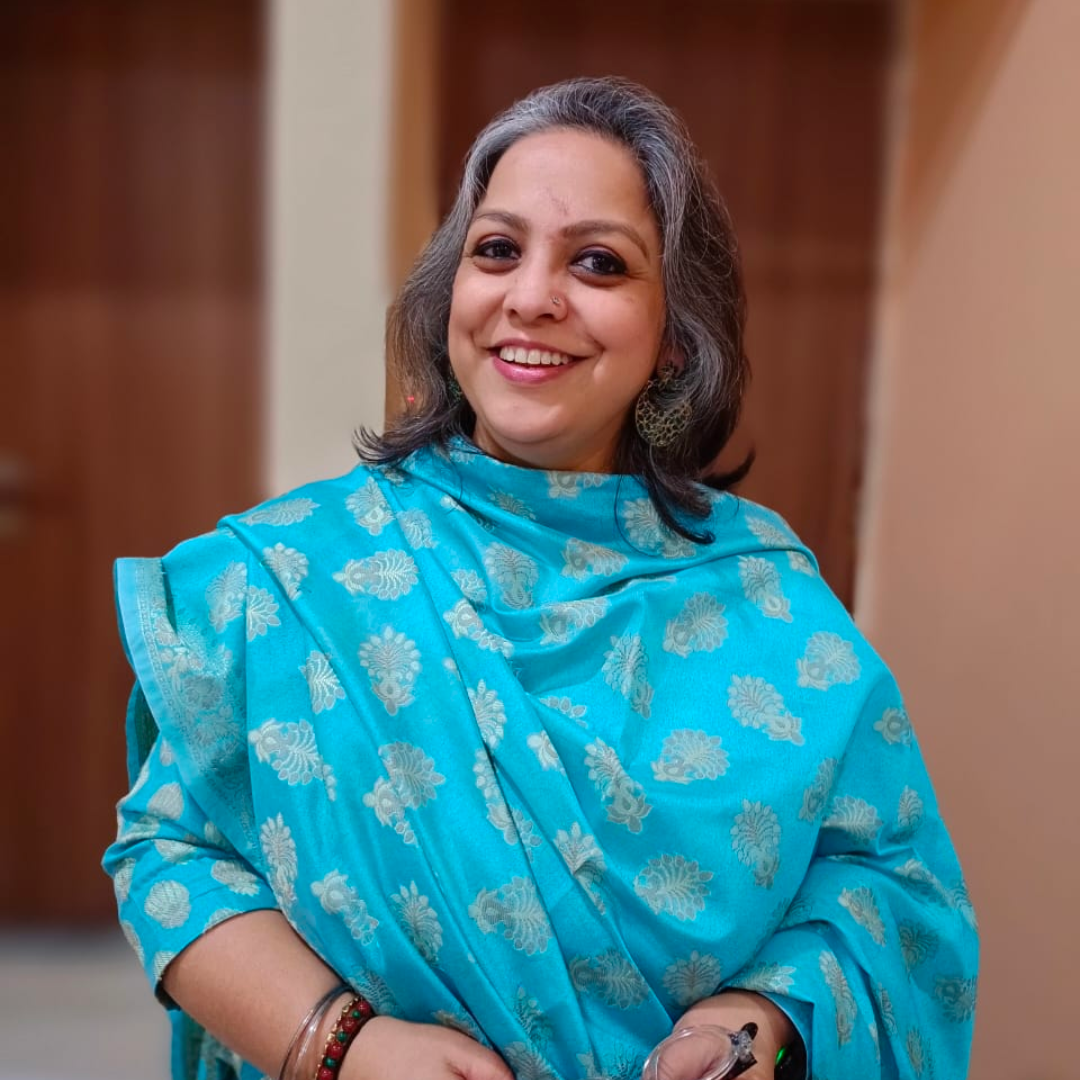
Few sports autobiographies have managed to achieve the raw vulnerability and literary finesse that Andre Agassi’s Open does. Co-written with Pulitzer Prize-winning journalist J.R. Moehringer, Open reads not just like a memoir, but like an immersive novel that is brutally honest, elegantly written, and emotionally resonant. Whether you're a tennis aficionado or not, this book grips you with its emotional gravity and psychological depth, making it one of the most memorable sports memoirs ever published.
At its core, Open is a story of identity, and the unrelenting search for self under the glare of fame, expectation, and performance. The narrative begins not at Agassi’s peak, but with the painful truth that forms the emotional spine of the book: “I hate tennis.” It’s a sentence that reverberates throughout the memoir, not as a dramatic hook, but as a deeply held truth, formed in the crucible of his childhood.
Agassi's father, a domineering and volatile man, imposed tennis on his son with a militaristic intensity. The infamous "dragon", a custom-built tennis ball machine, and the endless hours of training in the Las Vegas heat are described in such vivid, rhythmic prose that the reader feels the relentless pressure and exhaustion. Moehringer’s lyrical touch as a ghostwriter brings Agassi’s memories alive with aching authenticity. The writing doesn’t overstate or dramatise; instead, it trusts us to feel the pain embedded in the words. Through this lens, we begin to understand that Agassi's journey is not about athletic triumph, but about emotional survival.
The trauma of Agassi's childhood, of being forced into a life he didn’t choose, becomes the lens through which we understand his rebellious nature and his turbulent professional career. The dyed hair, the controversial outfits, the inconsistencies in performance, the use of crystal meth during a low point, all stem from a deep internal fracture. His outer rebellion is a mirror of the inner chaos he grapples with. The trauma also seeps into his relationships, not just with the sport but with people.
Agassi’s relationships form a central emotional thread throughout Open. From the strained and confusing dynamic with his father to his complicated romance with actress Brooke Shields, the book doesn’t shy away from showing how intimacy, connection, and love can be both sought after and sabotaged. He speaks of his marriage with Shields with surprising candour, revealing how the glitz and fantasy of their union couldn’t mask the emotional mismatch at its core. There’s no villainisation, just a deep sense of introspection and acceptance.
One of the most compelling relationships in the book is Agassi’s bond with his coach and longtime friend, Gil Reyes. Reyes becomes more than a trainer, he becomes a father figure, a grounding presence, someone who loves Agassi not for his wins, but for who he is beneath the accolades. Similarly, his later relationship with fellow tennis legend Steffi Graf feels like a culmination of his emotional journey that is a quiet, mature love based on shared understanding, mutual respect, and healing.
The book also details his friendships with players like Perry and Brad Gilbert, and his evolving perception of rivals like Pete Sampras. What stands out is Agassi’s ability to admit his own flaws in these relationships, acknowledging moments of arrogance, insecurity, and envy. This emotional honesty is what makes Open such a powerful memoir, It's less about justifying past actions and more about understanding them.
As the book progresses, Agassi’s transformation is subtle yet powerful. He begins to find meaning not just in the sport, but in using his fame and wealth to serve others. His work with The Andre Agassi Foundation for Education becomes a turning point, which allows him to reclaim a sense of purpose and autonomy. He may never love tennis in the traditional sense, but through it, he finds a way to make peace with his past and give back meaningfully.
In terms of structure and pacing, Open reads like a well-crafted novel. There are no rushed moments or digressions that feel indulgent. Every chapter feels necessary, each scene serving to deepen our understanding of the man behind the celebrity. Moehringer’s gift lies in balancing intimacy with restraint, allowing Agassi's voice to feel both authentic and accessible.
Open is not just a sports memoir; it's a coming-of-age story, a psychological excavation, and a meditation on resilience. It challenges the reader to question the costs of success, the weight of expectation, and the complexity of loving oneself after years of internal war. Through its beautiful writing and emotional depth, Open reminds us that our greatest battles are often not fought in front of cheering crowds, but in the silent corners of our own hearts.
